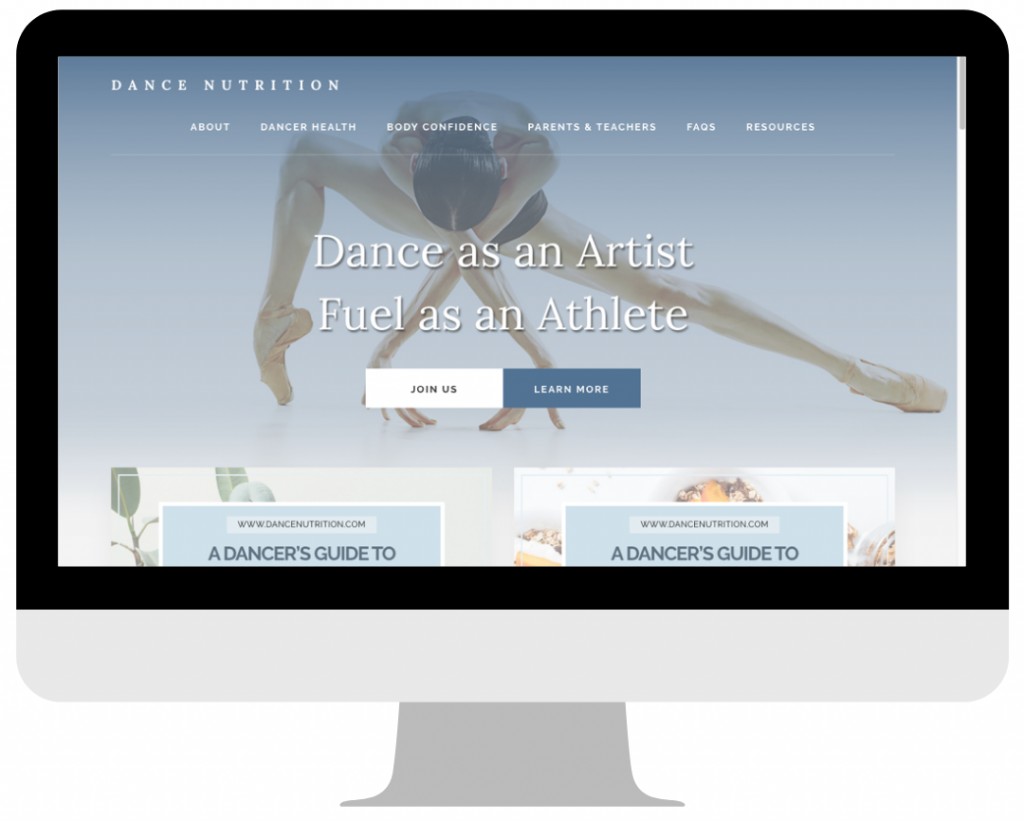For dancers, maintaining optimal health and peak performance requires a thoughtful approach to nutrition. While many strive for a “perfect” diet, the reality is that a balanced and sustainable approach is far more beneficial. This guide explores key nutritional considerations for dancers, addressing common questions and providing practical tips for fueling your passion while prioritizing your well-being.
Understanding a Dancer’s Nutritional Needs
A dancer’s diet should provide the energy and nutrients needed to support intense physical activity, muscle recovery, and overall health. This involves understanding calorie requirements, macronutrient balance, and micronutrient needs.
Calorie Needs
Dancers often underestimate their caloric needs. Insufficient calorie intake can lead to Relative Energy Deficiency in Sport (RED-S), a syndrome with serious metabolic consequences. Determining your individual calorie needs is crucial. Factors such as training intensity, duration, and individual metabolism all play a role.
The Dancer’s Fuel Mix: Macronutrients for Performance
-
Carbohydrates (55-60% of diet): The primary energy source for muscles and brain function. Focus on complex carbohydrates from whole grains, fruits, vegetables, legumes, nuts, and seeds. These provide sustained energy and essential nutrients.
-
Protein (12-15% of diet): Essential for muscle repair, growth, and overall recovery. Include both animal and plant-based protein sources. Animal proteins offer complete amino acids, while plant-based sources require careful planning to ensure a full spectrum of amino acids.
-
Fat (30% of diet): Crucial for hormonal balance, bone health, and satiety. Prioritize unsaturated fats from sources like olive oil, avocados, nuts, seeds, and fatty fish. These fats also help reduce inflammation and support muscle recovery.
Micronutrients: The Unsung Heroes
Vitamins and minerals, known as micronutrients, are essential for various bodily functions. Key micronutrients for dancers include calcium, vitamin D, iron, vitamin B12, and zinc. These nutrients support bone health, energy production, and immune function.
Hydration: A Dancer’s Best Friend
Maintaining proper hydration is critical for performance, injury prevention, and overall health. Aim for approximately 3 liters of water daily, adjusting for activity level and environmental conditions. Carry a reusable water bottle to encourage regular hydration. Consider adding electrolytes, especially during prolonged or intense activity.
Navigating Cravings: A Mindful Approach
Cravings are a natural part of being human and can provide valuable information about your body’s needs. Instead of restricting or feeling guilty about cravings, approach them with mindfulness.
- Listen to your body: Cravings may indicate a need for specific nutrients or energy.
- Challenge food labels: Avoid labeling foods as “good” or “bad.” This can lead to increased cravings and feelings of guilt.
- Enjoy cravings mindfully: Incorporate desired foods into a balanced meal plan.
Building a Healthy Relationship with Food
Many dancers struggle with disordered eating patterns due to industry pressures and misconceptions about “ideal” body types. Building a healthy relationship with food involves:
- Rejecting restrictive diets: Focus on nourishment and balance, not deprivation.
- Practicing intuitive eating: Listen to your body’s hunger and fullness cues.
- Seeking professional support: A registered dietitian can provide personalized guidance and support.
Resources for Dancers
Numerous resources are available to support dancers in achieving their nutritional goals. Consider exploring websites, books, and online communities dedicated to dance nutrition. Working with a registered dietitian specializing in dance can provide individualized guidance and support.
Conclusion: Fueling Your Passion
Healthy eating is not about restriction or perfection; it’s about nourishing your body to support your passion for dance. By understanding your nutritional needs, practicing mindful eating, and building a healthy relationship with food, you can fuel your performance, protect your health, and enjoy a long and fulfilling career.
